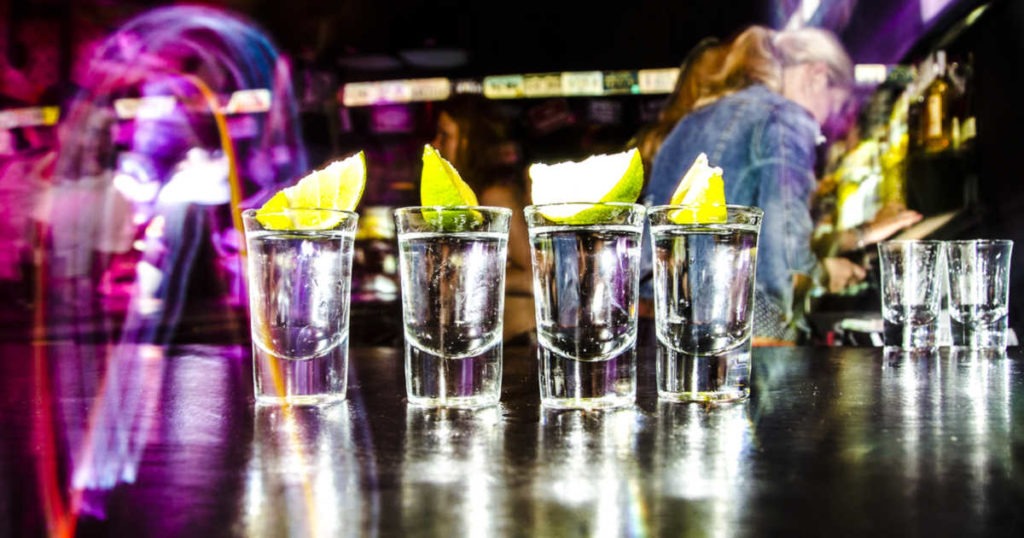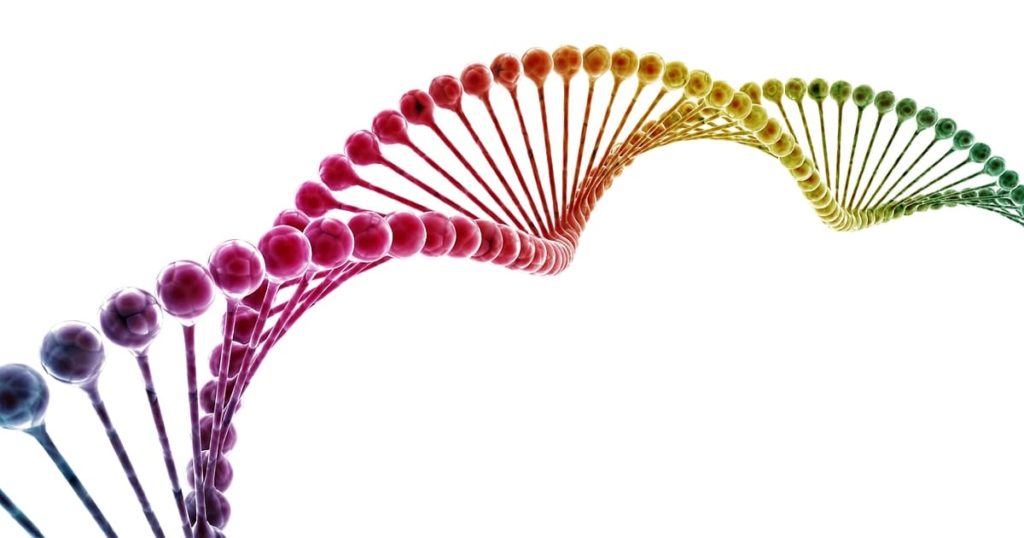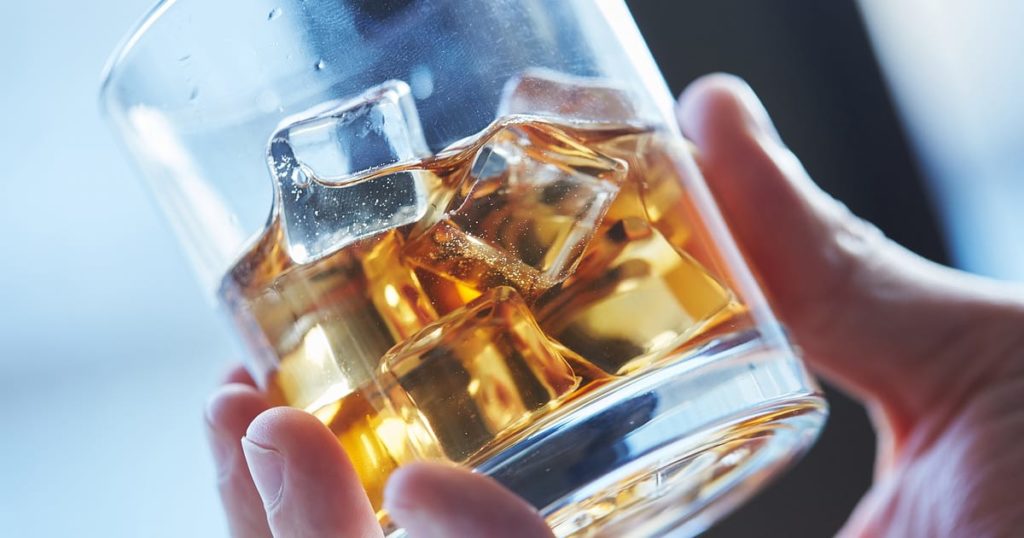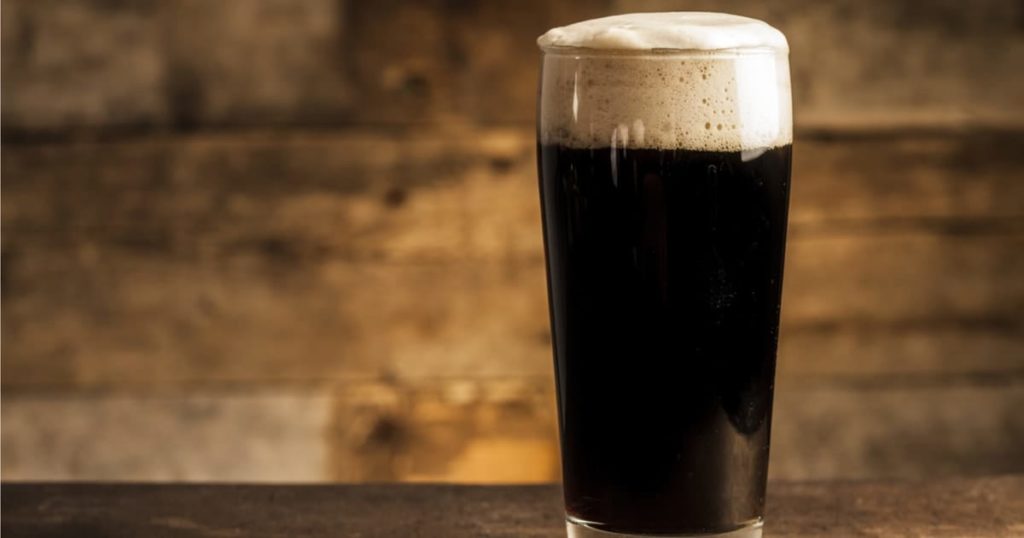People who go on alcohol binges drastically increase their risks for a wide variety of very serious harms, from alcohol poisoning to sexual assault. Despite this fact, the practice is common across the U.S. This situation might lead you to wonder, exactly why do people binge drink? While a number of factors play a role, researchers have recently identified specific genetic risks for alcohol binging.
Binge Drinking Facts and Figures
Whether or not you know it, you binge drink whenever you consume alcohol rapidly enough to get drunk in roughly 120 minutes or less. If you’re a teenage boy or man, it will typically take you at least five standard servings of alcohol to reach an intoxicated state in such a short amount of time. Teenage girls and women typically need to consume at least four standard servings of alcohol. The Centers for Disease Control and Prevention report that over 50% of all the alcohol imbibed annually by American adults is consumed during binge drinking episodes. Apart from any genetic considerations, you have especially high chances of binge drinking alcohol if you:
- Drink alcohol excessively in any setting or situation
- Are male
- Are between the ages of 18 and 34, and
- Belong to a household or family that makes at least $75,000 a year
The Role of Genetics
In recent years, researchers have identified two genes that can increase the chances that teenagers will become binge drinkers. One of these genes, known to scientists as RASGRF-2, apparently makes binging more likely by increasing the amount of anticipatory pleasure that teens feel when they think about consuming alcohol. The second gene, known to scientists as KALRN, apparently makes binging more likely by increasing the overall odds that teenagers will act impulsively and participate in risky behavior. Only adolescents or teens with certain versions or variations of the two genes in question have increased binge drinking risks. Among other things, this means that, while the answer to why people binge drink has a genetic component, genetic inheritance alone can’t fully explain the behavior. Anyone who struggles with binge drinking should consider being assessed for problems with alcohol and seek treatment. Resources Centers for Disease Control and Prevention: Fact Sheets – Binge Drinking https://www.cdc.gov/alcohol/fact-sheets/binge-drinking.htm King’s College London: Researchers Reveal Why Some Teenagers More Prone to Binge Drinking https://www.kcl.ac.uk/ioppn/news/records/2012/December/IMAGEN-teenage-drinking.aspx Frontiers in Genetics: Mouse and Human Genetic Analyses Associate Kalirin with Ventral Striatal Activation during Impulsivity and with Alcohol Misuse https://journal.frontiersin.org/article/10.3389/fgene.2016.00052/full






